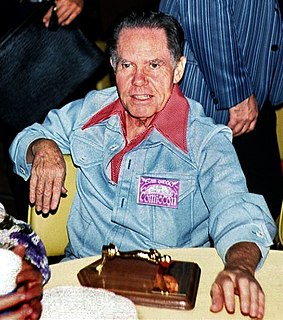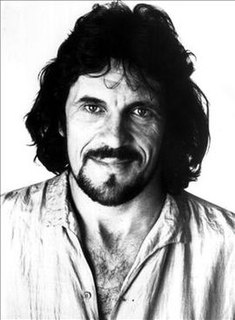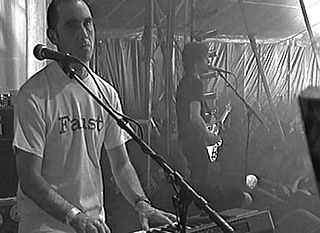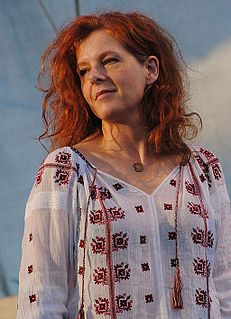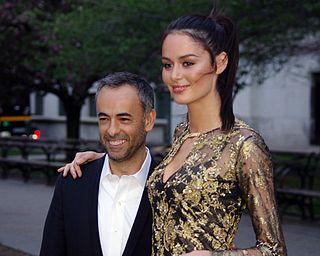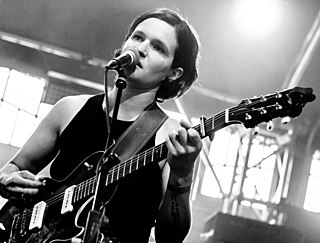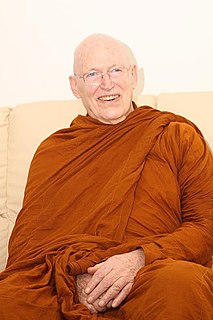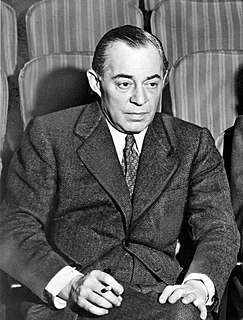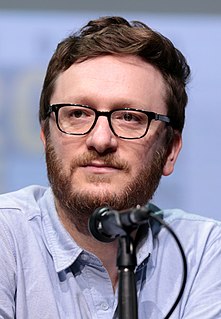A Quote by Peter Landesman
'Writing' is the wrong way to describe what happens to words in a movie. First, you put down words. Then you rehearse them with actors. Then you shoot the words. Then you edit them. You cut a lot of them, you fudge them, you make up new ones in voice-over. Then you cut it and throw it all away.
Related Quotes
I want you to understand the words. I want you taste the words. I want you to love the words. Because the words are important. But they're only words. You leave them on the paper and you take the thoughts and put them into your mind and then you as an actor recreate them, as if the thoughts had suddenly occurred to you.
If you have words and want to write music for them, the words hit you with a feeling which you can't really describe in words, and so what you do is to put music to them and in this way you make contact with the words, through the musical thing. It happens when two feelings come together and they do something together and they compliment each other.
I turn sentences around. That's my life. I write a sentence and then I turn it around. Then I look at it and I turn it around again. Then I have lunch. Then I come back in and write another sentence. Then I have tea and turn the new sentence around. Then I read the two sentences over and turn them both around. Then I lie down on my sofa and think. Then I get up and throw them out and start from the beginning.
I've seen my own films close to a thousand times in one form or another. When you edit them. When you shoot them. Then you run them over and over again for sound and music. Then you'd go to premiere screenings, and have to do promotional screenings in other cities. I can't watch any of my old films.


